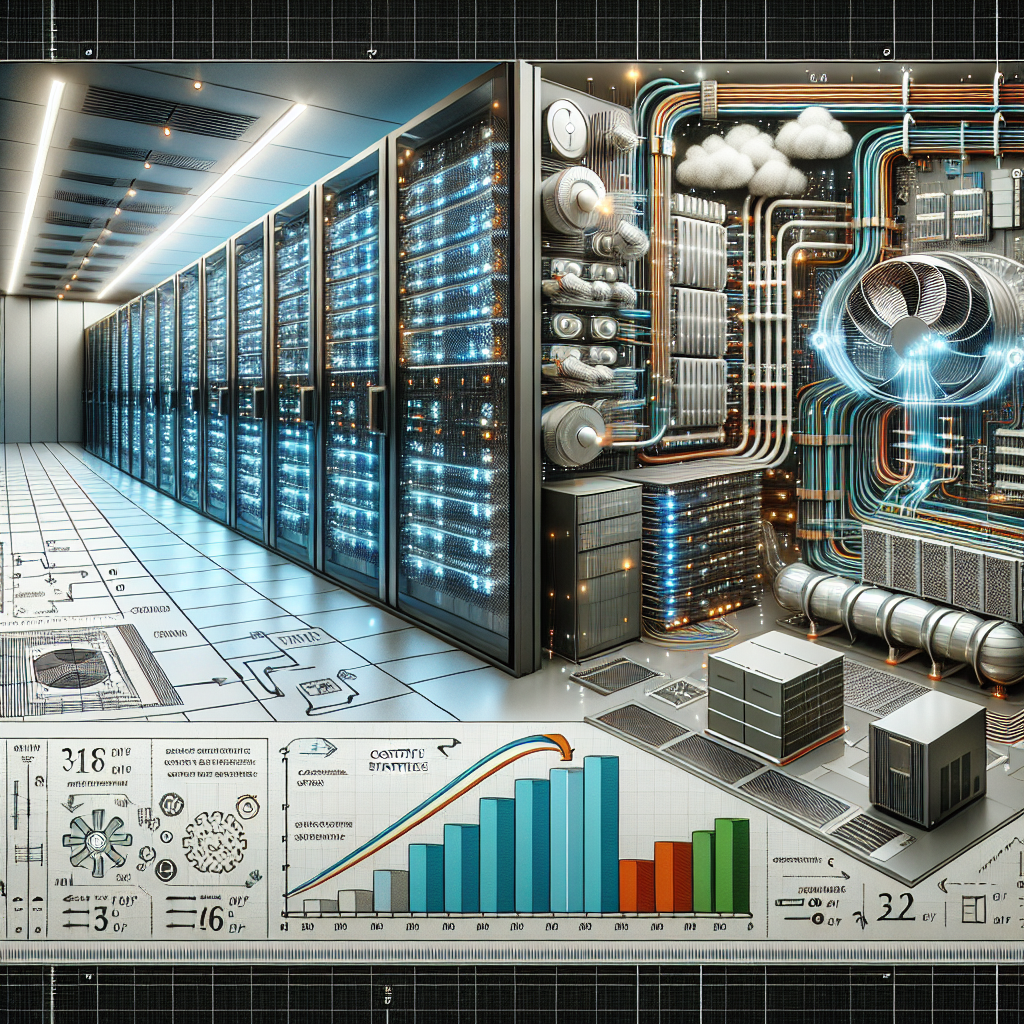Your cart is currently empty!
The Economics of Data Center HVAC: Cost-Effective Strategies

Data centers are the backbone of modern businesses, storing and processing vast amounts of data to keep operations running smoothly. However, running a data center comes with a hefty price tag, especially when it comes to cooling the servers to prevent overheating and ensure optimal performance. In fact, HVAC (Heating, Ventilation, and Air Conditioning) systems can account for up to 40% of a data center’s total energy consumption, making it a significant expense for businesses.
With the rising demand for data storage and processing capabilities, data center operators are constantly looking for cost-effective strategies to optimize their HVAC systems. By implementing efficient cooling solutions, businesses can not only reduce their energy costs but also improve the overall performance and reliability of their data centers.
One of the key strategies for cost-effective HVAC in data centers is to implement a modular cooling system. Traditional HVAC systems are designed to cool the entire data center, regardless of the actual heat load. This leads to wasted energy and higher operating costs. Modular cooling systems, on the other hand, allow data center operators to cool specific areas or racks that are generating the most heat, resulting in more efficient cooling and lower energy consumption.
Another cost-effective strategy is to implement free cooling techniques, such as using outside air or water instead of traditional refrigeration systems to cool the servers. By taking advantage of natural cooling methods, businesses can significantly reduce their energy costs and minimize their environmental impact.
Furthermore, optimizing airflow within the data center can also help reduce cooling costs. By ensuring proper airflow management and eliminating hot spots, businesses can improve the efficiency of their HVAC systems and prevent unnecessary cooling.
In addition to implementing efficient cooling solutions, businesses can also leverage data analytics and monitoring tools to optimize their HVAC systems. By collecting and analyzing real-time data on temperature, humidity, and airflow, data center operators can identify areas of improvement and make informed decisions to increase efficiency and reduce costs.
Ultimately, the economics of data center HVAC come down to finding the right balance between cost and performance. By implementing cost-effective strategies, businesses can not only reduce their energy expenses but also enhance the overall reliability and efficiency of their data centers. With the increasing demand for data storage and processing capabilities, optimizing HVAC systems will be crucial for businesses to stay competitive in the digital age.

Leave a Reply